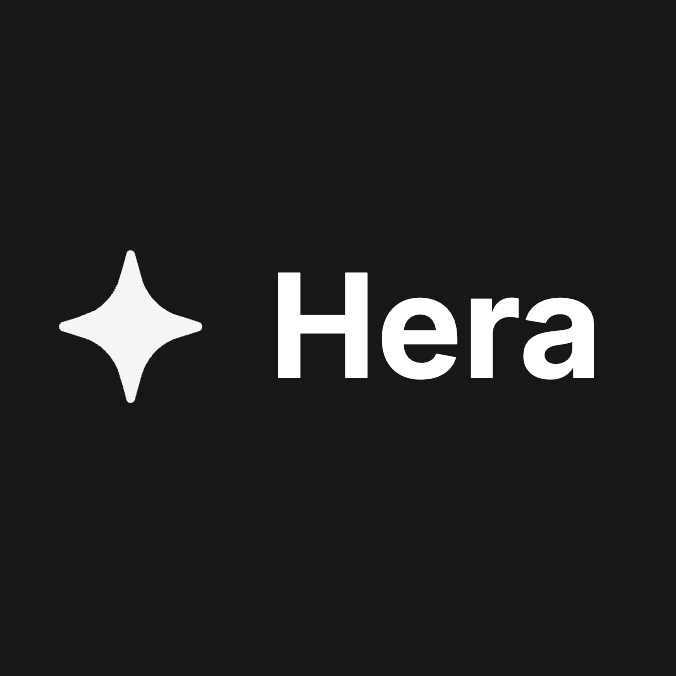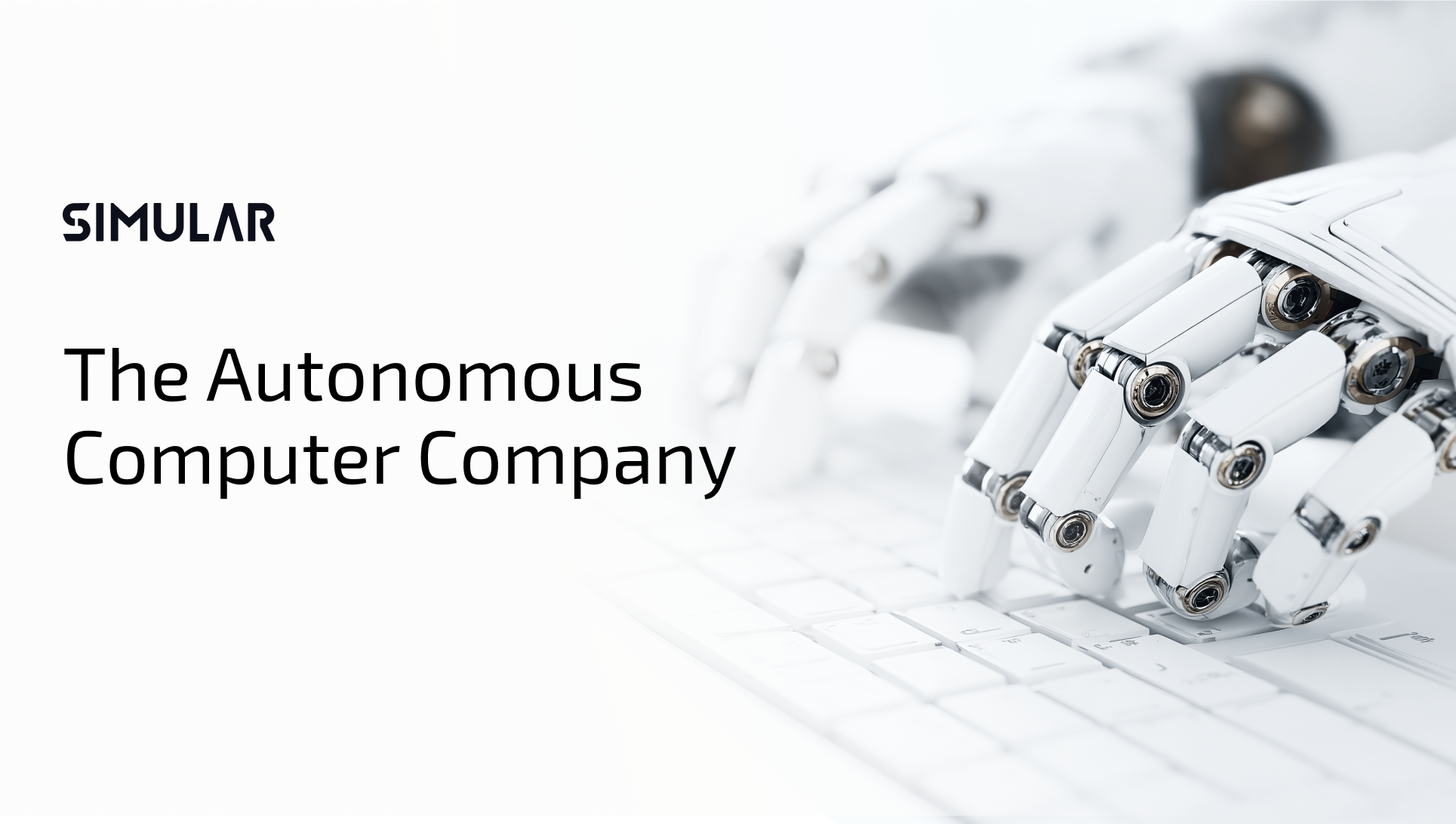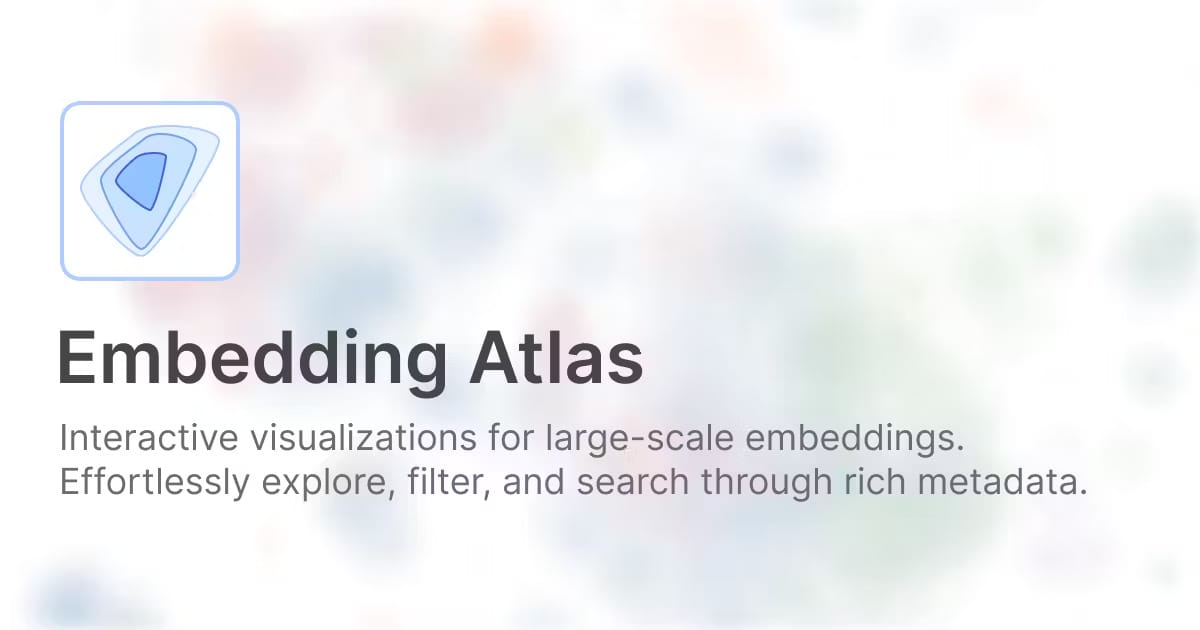Good morning. It’s Monday, August 11th.
On this day in tech history: In 2011, the Imagenet Large Scale Visual Recognition Challenge added the fall 2011 dataset expansion, which would later be the battleground for AlexNet’s 2012 shock win. The update included over 14 million labeled images across 20,000 categories, pushing models to handle unprecedented scale and diversity in computer vision benchmarks.
In today’s email:
GPT-5’s bumpy launch
xAI offers free access to Grok 4
OpenArt now creates ‘brain rot’ videos in just one click
5 New AI Tools
Latest AI Research Papers
You read. We listen. Let us know what you think by replying to this email.
In partnership with Tasker AI
You do the thinking. Tasker does the doing.
Meet Tasker — your AI-powered personal assistant built for real life.
Whether it’s:
Scheduling meetings
Booking reservations
Summarizing reports
Hunting deals
Ordering groceries
Or managing inbox chaos
Tasker handles it. Quietly. Reliably. Automatically.
🧠 Like having a Chief of Staff in your pocket
🔁 Set it once, automate it forever
📈 Boost productivity without burning out
Thank you for supporting our sponsors!

Today’s trending AI news stories
GPT-5’s bumpy launch spurs urgent stabilization effort by OpenAI
GPT-5’s August 7 launch promised a leap in AI reasoning but has been marred by routing glitches, benchmark misses, and presentation missteps. The new “Thinking” mode, intended for complex, slower reasoning, was undermined by an automatic router that frequently defaulted to faster, less capable models, leading to degraded algebra, coding, and logic performance compared to GPT-4o.
Early adopters reported failures in problems GPT-4o had previously solved, and internal benchmarks lagged behind rivals such as Anthropic’s Claude Opus 4.1 in real-world “one-shot” reasoning tests. Security firm SPLX also identified vulnerabilities to prompt injection and obfuscated logic attacks, raising reliability concerns.
The launch was further overshadowed by a “chart crime” during the livestream, where bar charts misrepresented benchmark values despite the underlying numbers being correct in official documentation. One slide incorrectly depicted GPT-5’s 50% “coding deception” rate as visually smaller than o3’s 47.4%, while other bars appeared identical despite numerical differences. CEO Sam Altman later called this a “mega chart screwup,” attributing it to late-night slide preparation.
In response, restored GPT-4o access for Plus subscribers, doubled message caps, and announced UI changes to display active models. Usage metrics suggest demand for advanced reasoning is surging, with daily adoption jumping from under 1% to 7% among free-tier users and from 7% to 24% for Plus subscribers. Altman framed this trend as central to GPT-5’s future, stating capacity allocation will soon be rebalanced between ChatGPT, API access, research, and product demands. Read more.
xAI offers free access to Grok 4 worldwide with generous usage limits
xAI is executing a two-pronged strategy: flood the top of the funnel to capture real-world signals and simultaneously build a radically different foundation model that can turn those signals into higher-order capabilities.
Grok 4, previously paywalled, is now free worldwide with “generous” temporary limits. Auto mode invokes extra computation when prompts demand higher accuracy, while Expert mode lets users manually trigger heavier reasoning. Grok 4 Heavy remains exclusive to SuperGrok Heavy subscribers, and Grok Imagine’s image/video generation is still US-only. Elon Musk confirmed ad integration is planned to offset the high GPU costs powering Grok.
Grok’s next iteration, now fully pre-trained, will debut as the model’s first natively multimodal foundation system that ingests raw audio/video bitstreams rather than relying on transcripts or extracted frames. This implies spatiotemporal tokenization and end-to-end multimodal representations that capture tonal nuance, mood, and real-time context without intermediate transcription.
Musk says V7 will boost “one-shot” game generation by generating a game, playing it, observing on-screen feedback, editing code, and feeding those rollouts back into training, a model-in-the-loop self-improvement pipeline that raises one-shot success probability but also multiplies compute, latency, and safety surface area. Read more.
Former Googlers' AI startup OpenArt now creates ‘brain rot’ videos in just one click
OpenArt, an AI video startup founded by two ex-Google engineers, has rolled out its “One-Click Story” feature in open beta. The tool converts a single sentence, full script, or song into a one-minute video with a coherent story arc, offering three formats: Character Vlog, Music Video, and Explainer. Users can edit via storyboard mode and select from over 50 integrated AI models, including DALL·E 3, GPT, Imagen, Flux Kontext, and Stable Diffusion.

Image: OpenArt
OpenArt claims an edge in maintaining character consistency across scenes, an ongoing limitation in many AI video generators. The platform serves 3M monthly active users, runs on a credit-based subscription starting at $14/month, and is on track for $20M ARR. While the tool lowers creative barriers, it faces legal risks over potential IP infringement, which it mitigates with automated rejection systems and possible licensing deals. The company has raised $5M and remains cash-flow positive. Read more.
Google Finance adds AI-driven queries, technical charts, real-time news
Google is rolling out an AI-powered upgrade to Google Finance in the U.S., adding natural language Q&A, advanced charting, expanded asset coverage, and a streaming news feed. Users can now pose complex market queries, such as multi-stock comparisons or sector performance analysis, and receive AI-generated answers with linked sources. The new charting engine supports technical indicators like moving average envelopes and candlestick views, allowing for more granular trading insights.

Image: Google
Coverage now extends beyond equities to include commodities and additional cryptocurrencies, while a real-time headline feed delivers market-moving news without leaving the page. By embedding AI directly into Finance, Google is targeting competitors like Yahoo Finance and Seeking Alpha, and aiming to reduce user reliance on standalone AI chatbots for financial research. The redesign is rolling out gradually, with the option to toggle between old and new interfaces. Read more.


5 new AI-powered tools from around the web

arXiv is a free online library where researchers share pre-publication papers.


Thank you for reading today’s edition.

Your feedback is valuable. Respond to this email and tell us how you think we could add more value to this newsletter.
Interested in reaching smart readers like you? To become an AI Breakfast sponsor, reply to this email or DM us on 𝕏!







